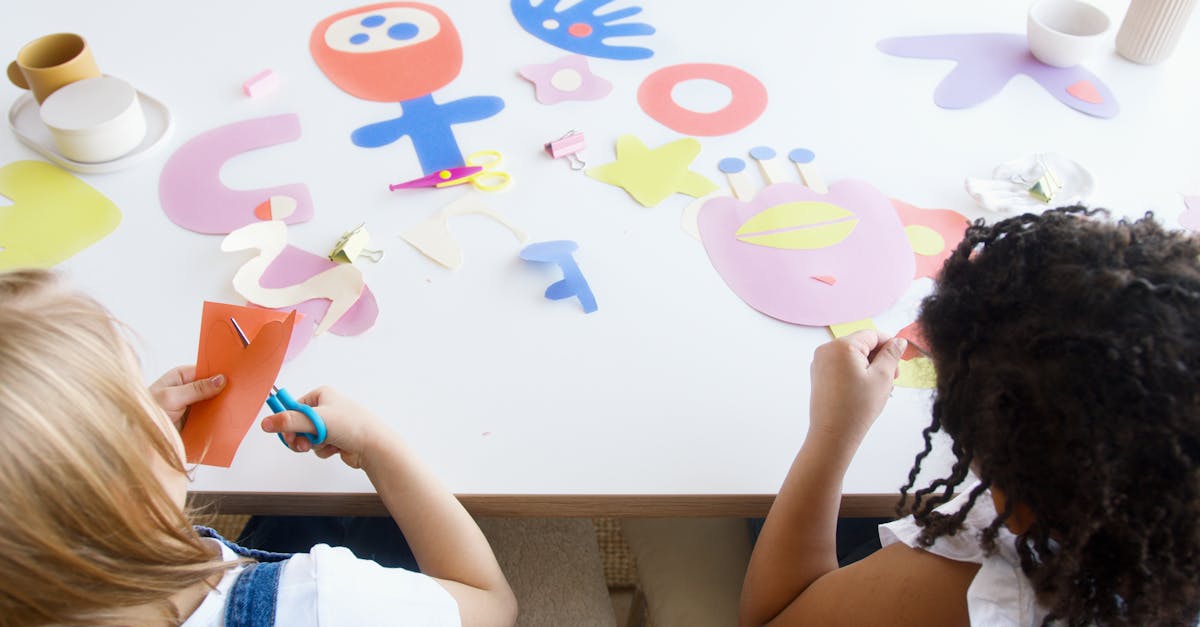The Importance of Social Skills
Toddlers learning social skills is vital for their development. These skills help them build relationships, solve problems, and communicate. Without good social skills, toddlers may struggle to make friends or express themselves. So, let’s boost those skills early on!

Simple Activities to Boost Interaction
Games like ‘Simon Says’ or ‘Peek-a-Boo’ can encourage your toddler to interact. These activities help toddlers follow instructions and recognize facial expressions. Making eye contact during these games is also important!

Engaging in these simple activities can have a significant impact on your child’s social and emotional development. Interaction through play is crucial for their overall well-being and growth.
Handling Toddler Tantrums
Tantrums are a normal part of growing up. When your toddler throws a fit, stay calm and use simple words. Explain why their behavior is wrong and offer alternatives. Remember, patience and consistency are key.

Modeling Good Behavior
Toddlers often imitate what they see. Show them good social behavior like sharing, saying ‘please,’ or ‘thank you.’ Your actions speak louder than words. It’s an easy way to teach them social norms without a lecture.

Creating Playdate Opportunities
Organize playdates to let your child practice social skills with peers. A familiar environment like your home can make these interactions easier and more comfortable. Always supervise to guide your child if conflicts arise.

Using Positive Reinforcement
Positive reinforcement works wonders. Praise your toddler for good social behavior, and they’ll want to repeat it. Simple phrases like ‘Great job sharing your toys!’ can make a huge difference.

Encouraging Empathy and Sharing
Empathy and sharing are crucial for social development. It’s important to read stories about friends and kindness, and to talk about emotions during everyday activities. Encourage discussions about how they feel and prompt them to consider others’ feelings as well.

